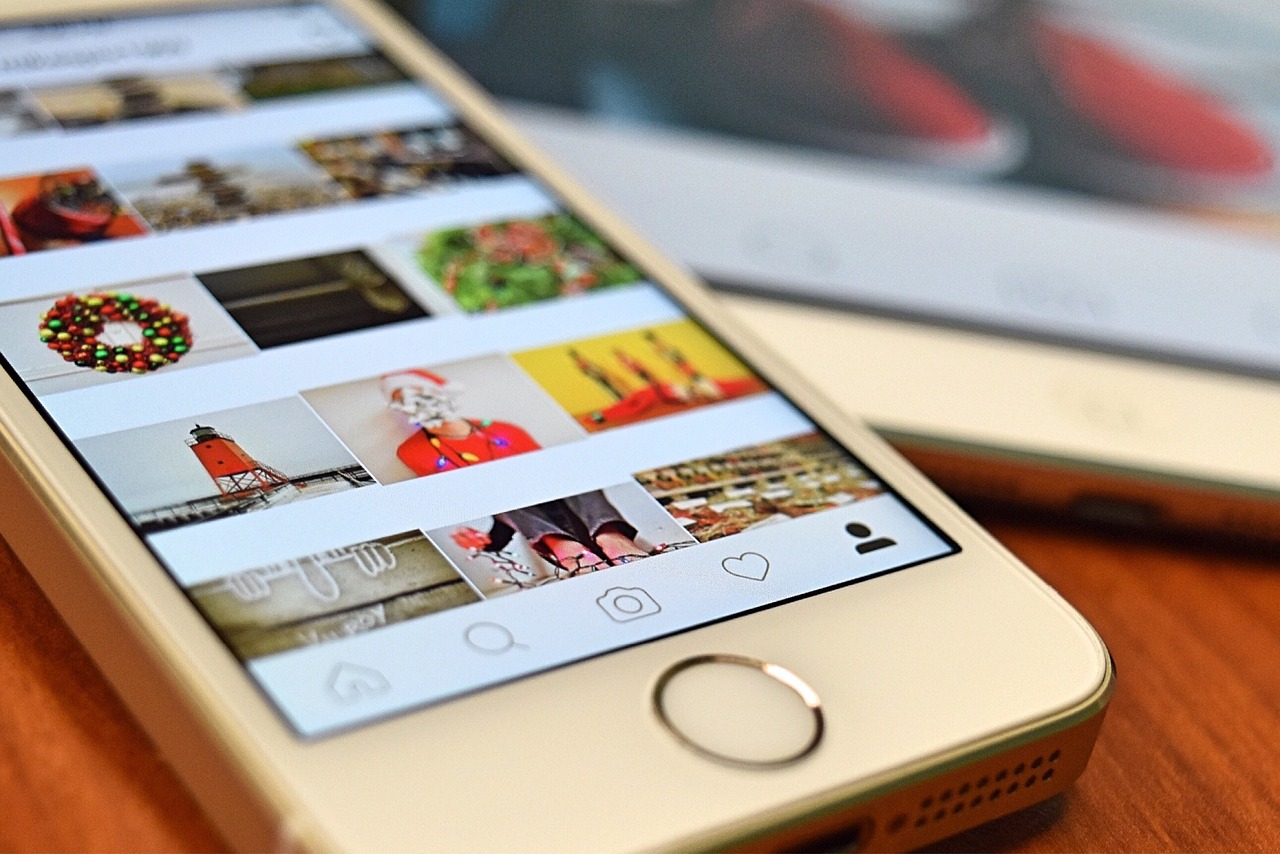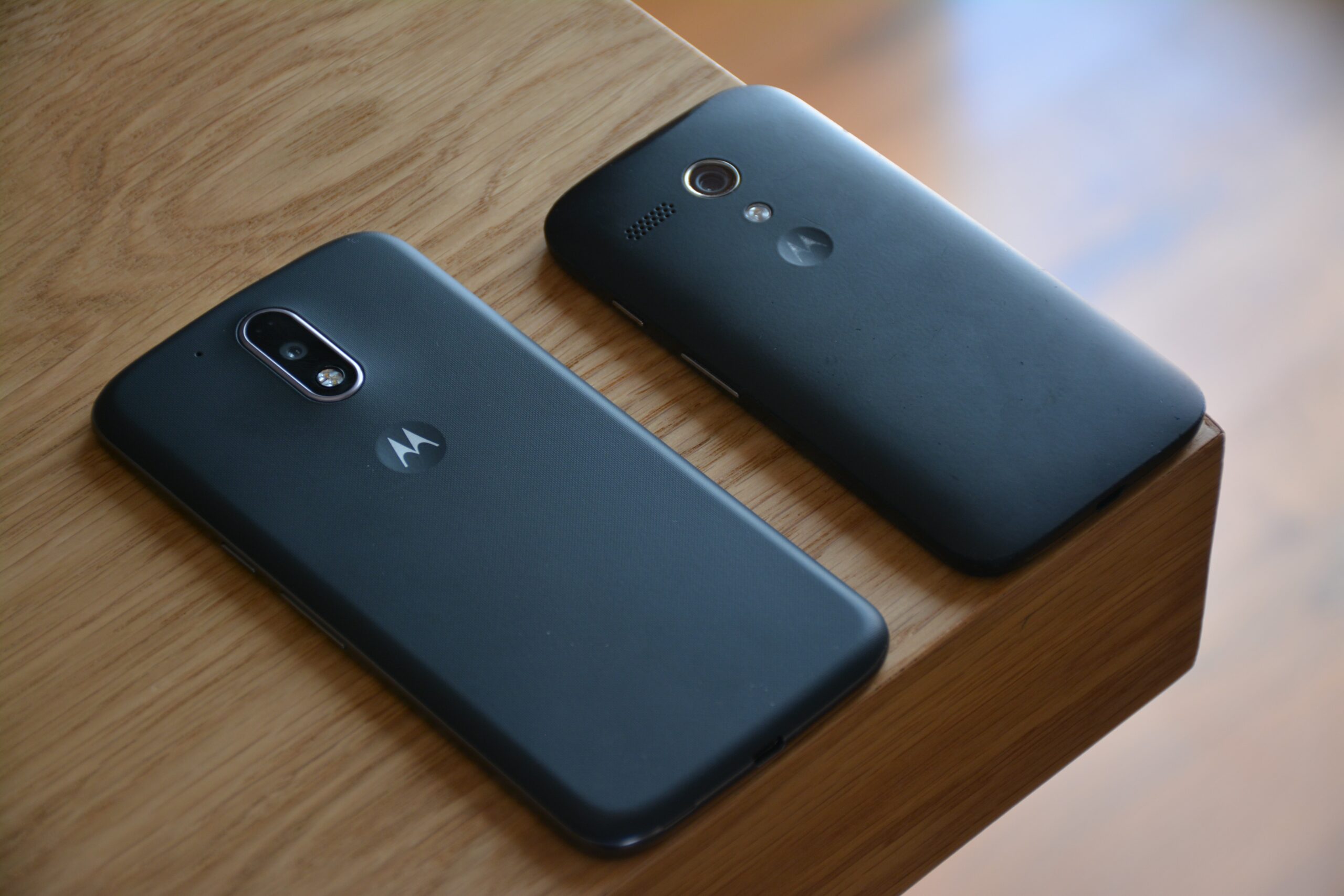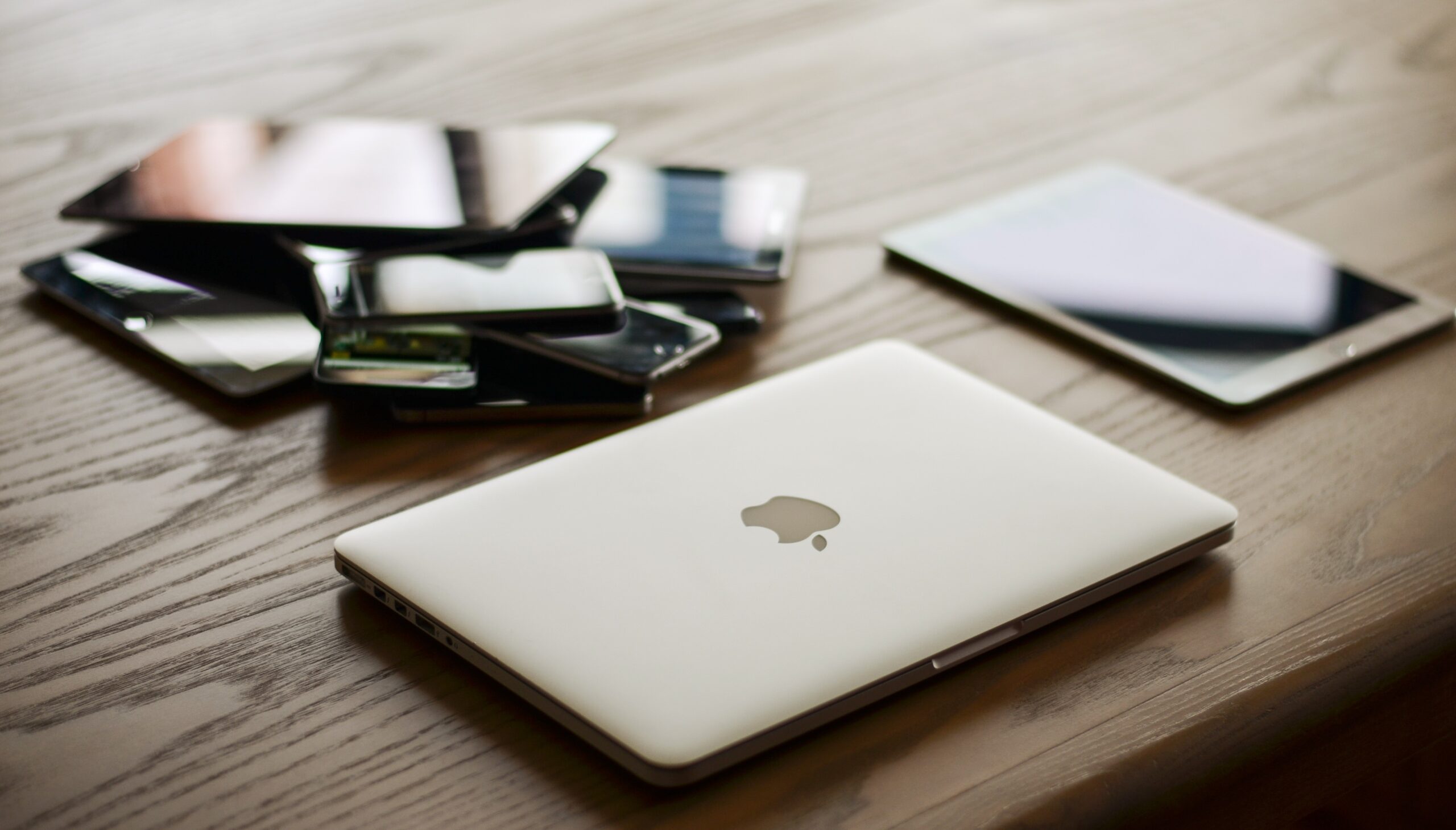Research indicates that its use is not favorable in schools. See more.
UNESCO (United Nations Educational, Scientific and Cultural Organization) warned of the negative impact of cell phone use on students' learning and concentration in a report published last Wednesday. Read on to find out more.

The 2023 Global Education Monitoring Report, called “Technology in Education, a Tool at Whose Service?” states that students’ use of technology in the classroom and at home can be disruptive and hinder learning.
Another finding made by the organization is that one in four countries has banned or restricted the use of cell phones in the classroom. Studies using data from the Program for International Student Assessment (PISA) show a negative relationship between the use of technology and student achievement, according to the report. Teachers understand that the use of tablets and phones impacts classroom management. One in three teachers agree that the use of technology in the classroom distracts students. There are also warnings that the use of technological devices in the classroom can exacerbate educational inequality. Not only due to financial considerations or access to internet and equipment, but also among students of similar socioeconomic backgrounds.
Cell phone prohibited
Online learning relies on students’ ability to self-regulate, which can lead to low-performing students doing poorly in school. Among countries known to be considering or already enacting a law to cell phone ban in class are Spain, Portugal, Finland, the Netherlands, Switzerland and Mexico. There are also school bans in France, but exceptions to the rule are expected for some groups of students, such as those with disabilities, where technology can be combined with learning.
What about Brazil?
Brazil does not have national laws that prohibit the use of cell phones and digital devices in schools. Even after the Covid 19 pandemic, some states and municipalities began to encourage (and even require) the use of use of digital in schools. At a public school in São Paulo, teachers are tasked with requiring students to write essays online, practice with apps and use digital resources.
According to UNESCO, there is not enough scientific evidence to prove the benefits of using technology in education. It also warns that constant investment in this area alone could be more efficient if used to increase operational resources to enhance learning. In other words, an excessive focus on technology is usually costly and unsuccessful.
For children in low- and middle-income countries who do not have access to these resources, using technology instead of teachers and textbooks may end up detracting from, rather than achieving, global education goals.
According to the report, technology products are evolving so rapidly (changing every 36 months on average), it’s difficult to measure their impact on learning. It also noted that most of the research is being done by technology companies themselves. This means that most of the evidence has been generated by people trying to sell the product being researched.



